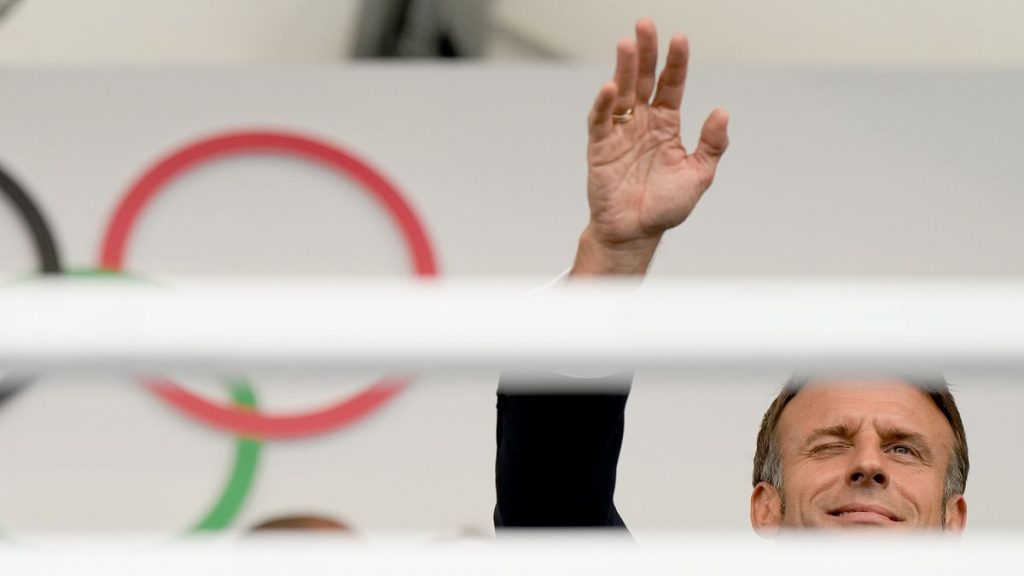The Paris Summer Games truce came to an end as the handover of the Olympic flag marked the beginning of political negotiations in France. President Emmanuel Macron is now in a hurry to establish a majority in order to nominate the country’s new Prime Minister. This follows a period of chaos after the second round of snap parliamentary elections, which led to a political chess game for power. The climax of the Paris Olympics marked the end of a political truce negotiated by Macron with other major parties. The resigning Prime Minister Gabriel Attal sent a letter to various party leaders outlining a roadmap for a legislative compromise and the establishment of a ruling coalition among moderate right- and left-wing parties in parliament. The main goals include an overhaul of public finances, cracking down on crime, and strengthening public services.
The clock is ticking as France’s national budget plan must be presented to the National Assembly by the end of September. The New Popular Front (NFP), a left-wing coalition that won the most seats in the snap election, proposed the name of Lucie Castets for Prime Minister. However, Macron rejected Castets’ nomination, leading to criticism from multiple MPs. The prime minister is traditionally selected from the party with the most seats in parliament, but Macron’s actions suggest he is seeking to form a coalition and choose a nominee of his preference. Despite pressure from Macron and his party to establish a majority quickly, the NFP and Castets have remained steadfast in their position. Castets presented a roadmap for a new government under the left-wing coalition, focusing on issues such as raising salaries and implementing fairer taxation.
The political landscape in France is in a state of flux following the end of the Paris Olympics and the resumption of negotiations for a new Prime Minister. Macron and his party are aiming to establish a majority in order to nominate a candidate of their choosing. The resignation of Prime Minister Gabriel Attal has prompted a series of discussions among party leaders to form a ruling coalition and agree on key priorities for the country. The National Rally (RN) and the hard-left France Unbowed (LFI) have been excluded from these discussions, as the focus is on moderate right- and left-wing parties. Major points of discussion include an overhaul of public finances, tackling crime, and improving public services such as education and health.
The timeline for establishing a new government is tight, as France’s national budget plan must be presented to MPs by the end of September. There is a sense of urgency among Macron’s MPs to nominate a new Prime Minister by the end of next week, but the NFP and Castets have maintained their position. Castets has outlined priorities for a new government, emphasizing the importance of raising salaries and implementing fairer taxation policies. The political situation in France remains fluid as negotiations continue to determine the direction of the country’s leadership and policies. Macron’s actions following the end of the Paris Olympics have ignited a debate over the process of selecting a new Prime Minister and the balance of power between different political factions.


